By Charles Maduka
Karol Nawrocki has emerged as Poland’s new president after a tightly contested second-round election that has shifted the political balance in the country.
According to the National Electoral Commission, Nawrocki secured 50.89 percent of the vote, narrowly edging out Warsaw Mayor Rafal Trzaskowski, who garnered 49.11 percent. The result signals a challenge to Prime Minister Donald Tusk’s pro-European Union government.
At 42, Nawrocki becomes the head of state with the power to veto parliamentary decisions — a significant political tool in a legislature where the ruling coalition lacks the supermajority required to override such actions.
Running with the support of the conservative Law and Justice party, Nawrocki campaigned on a platform of national sovereignty, traditional values, and a cautious stance toward the European Union and immigration policies. He has also voiced opposition to Ukraine’s membership in the EU and NATO and proposed reducing Poland’s support for Ukrainian refugees.
Celebrating his win, Nawrocki told his supporters, “We will win and we will save Poland.” Outgoing President Andrzej Duda, who endorsed him, congratulated him publicly, writing “Congratulations to the winner!” on X.
The voter turnout stood at 71.63 percent. Both candidates had claimed victory on election night following inconclusive exit polls.
During his campaign, Nawrocki made a visit to the United States, where he reportedly received encouragement from former President Donald Trump and support from U.S. Homeland Security Secretary Kristi Noem at a conservative conference in Poland.
Nawrocki’s election is likely to stall liberal reforms championed by his rival and the Civic Coalition, particularly on civil liberties, abortion rights, and LGBTQ+ protections. Trzaskowski had advocated for stronger integration with the EU and greater social freedoms.
Nawrocki’s run was not without controversy. Allegations related to his past as a security guard, questionable property transactions, and a history of involvement in football hooliganism resurfaced during the campaign. He has consistently denied the accusations.
Observers warn that Nawrocki’s hardline stance on Ukraine and EU affairs could heighten tensions with Brussels, especially over concerns about judicial independence and democratic standards. His remarks about historical wartime atrocities involving Ukrainian nationalists also drew criticism from Kyiv.
Analysts believe Nawrocki’s presidency could embolden the Law and Justice party, potentially deepening political divisions and raising the possibility of fresh parliamentary elections.
With a population of 38 million, Poland remains a critical voice in European politics and a strategic channel for Western aid to Ukraine. Nawrocki’s leadership is expected to reshape the country’s domestic and international agenda.
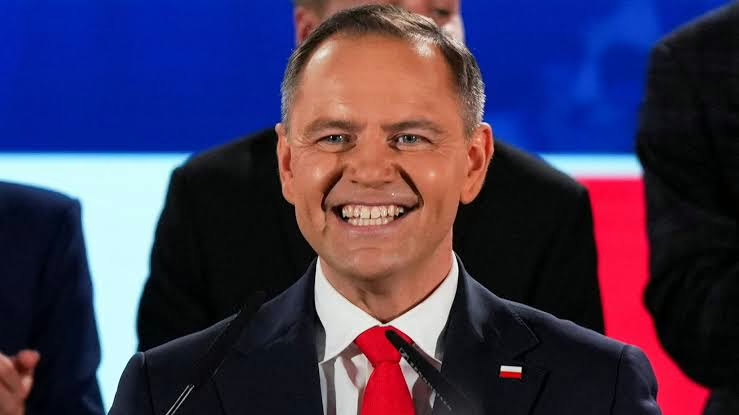
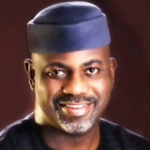


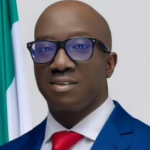
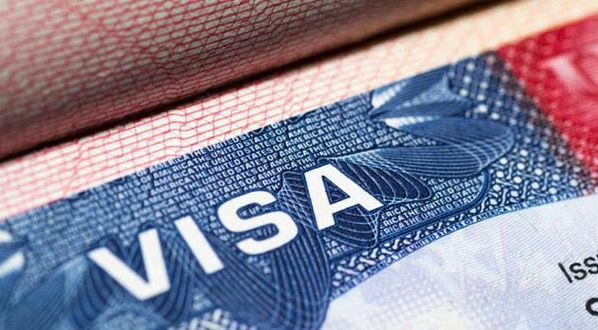




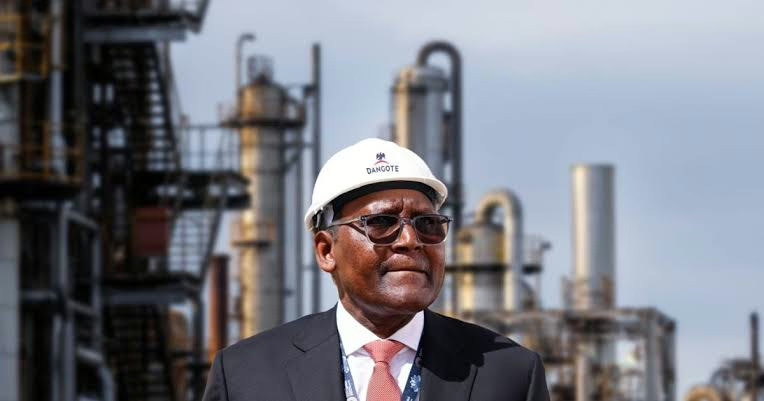
Leave a Reply